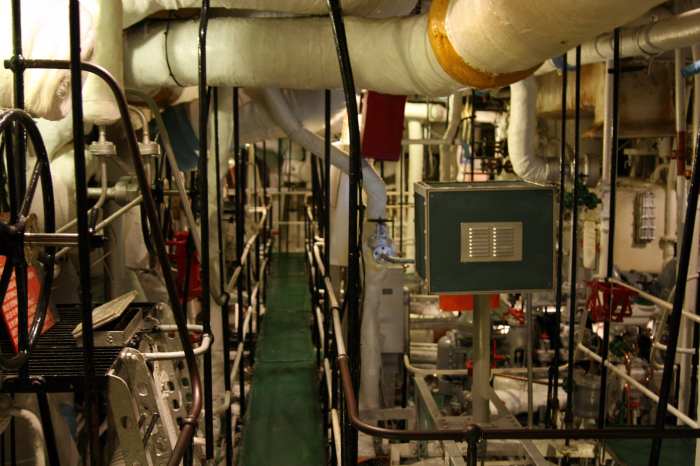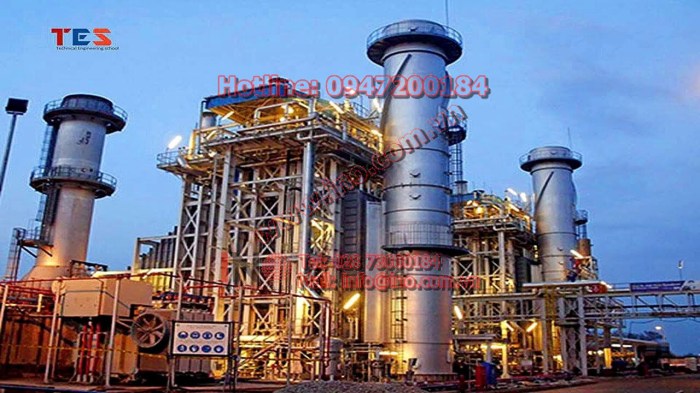Delving into the realm of safe boiler operation fundamentals by ATP, this comprehensive guide unveils the intricacies of boiler systems, equipping readers with the knowledge and skills to ensure efficient and hazard-free operation.
From understanding boiler components and fuel combustion principles to mastering boiler water treatment and maintenance practices, this guide empowers professionals with the expertise to navigate the complexities of boiler operations with confidence.
1. Boiler System Overview
A boiler system is a closed loop system that generates steam or hot water for various industrial and commercial applications. It consists of a boiler, a fuel source, and controls to regulate the combustion process and the flow of water or steam.
There are two main types of boilers: fire-tube boilers and water-tube boilers. In fire-tube boilers, the hot gases from the fuel combustion pass through tubes that are surrounded by water. In water-tube boilers, the water flows through tubes that are surrounded by hot gases.
2. Fuel Combustion Fundamentals

Fuel combustion is the chemical reaction between a fuel and oxygen, resulting in the release of heat energy. The stoichiometric air-fuel ratio is the ratio of air to fuel that provides the ideal conditions for complete combustion.
There are different types of fuel burners used in boilers, including gas burners and oil burners. Gas burners mix fuel and air before combustion, while oil burners use a nozzle to atomize the oil into a fine mist before mixing it with air.
3. Boiler Water Treatment

Boiler water treatment is crucial to prevent scale formation, corrosion, and other problems that can affect boiler efficiency and lifespan. Chemical treatment involves adding chemicals to the boiler water to control pH, alkalinity, and dissolved oxygen levels.
Mechanical treatment involves using devices such as filters and deaerators to remove impurities and dissolved gases from the boiler water.
4. Boiler Operation Procedures: Safe Boiler Operation Fundamentals By Atp
Safe and efficient boiler operation requires following proper procedures for starting up, operating, and shutting down the boiler. These procedures typically involve checking water levels, igniting the fuel, adjusting fuel flow and air supply, and monitoring boiler pressure and temperature.
Safety precautions must be strictly followed when operating a boiler, including wearing appropriate personal protective equipment (PPE), maintaining proper ventilation, and having an emergency plan in place.
5. Boiler Maintenance
Regular boiler maintenance is essential to ensure optimal performance, prevent breakdowns, and extend the boiler’s lifespan. Maintenance tasks include cleaning, inspection, and repair.
Cleaning involves removing scale, soot, and other deposits from the boiler surfaces. Inspection involves checking for leaks, corrosion, and other signs of wear and tear. Repair involves replacing or repairing damaged components.
6. Boiler Troubleshooting

Boiler problems can arise due to various factors, including fuel quality, water quality, improper operation, and wear and tear. Common problems include low steam pressure, overheating, and leaks.
Troubleshooting involves identifying the root cause of the problem and taking appropriate corrective actions. This may involve adjusting fuel flow, checking water levels, cleaning or repairing components, or consulting with a qualified technician.
FAQ Section
What are the key components of a boiler system?
The main components include the boiler, fuel source, controls, piping, and safety devices.
What is the purpose of boiler water treatment?
Boiler water treatment prevents corrosion, scale formation, and other issues that can compromise boiler efficiency and safety.
What are the common causes of boiler problems?
Common problems include improper fuel combustion, water quality issues, and lack of maintenance.